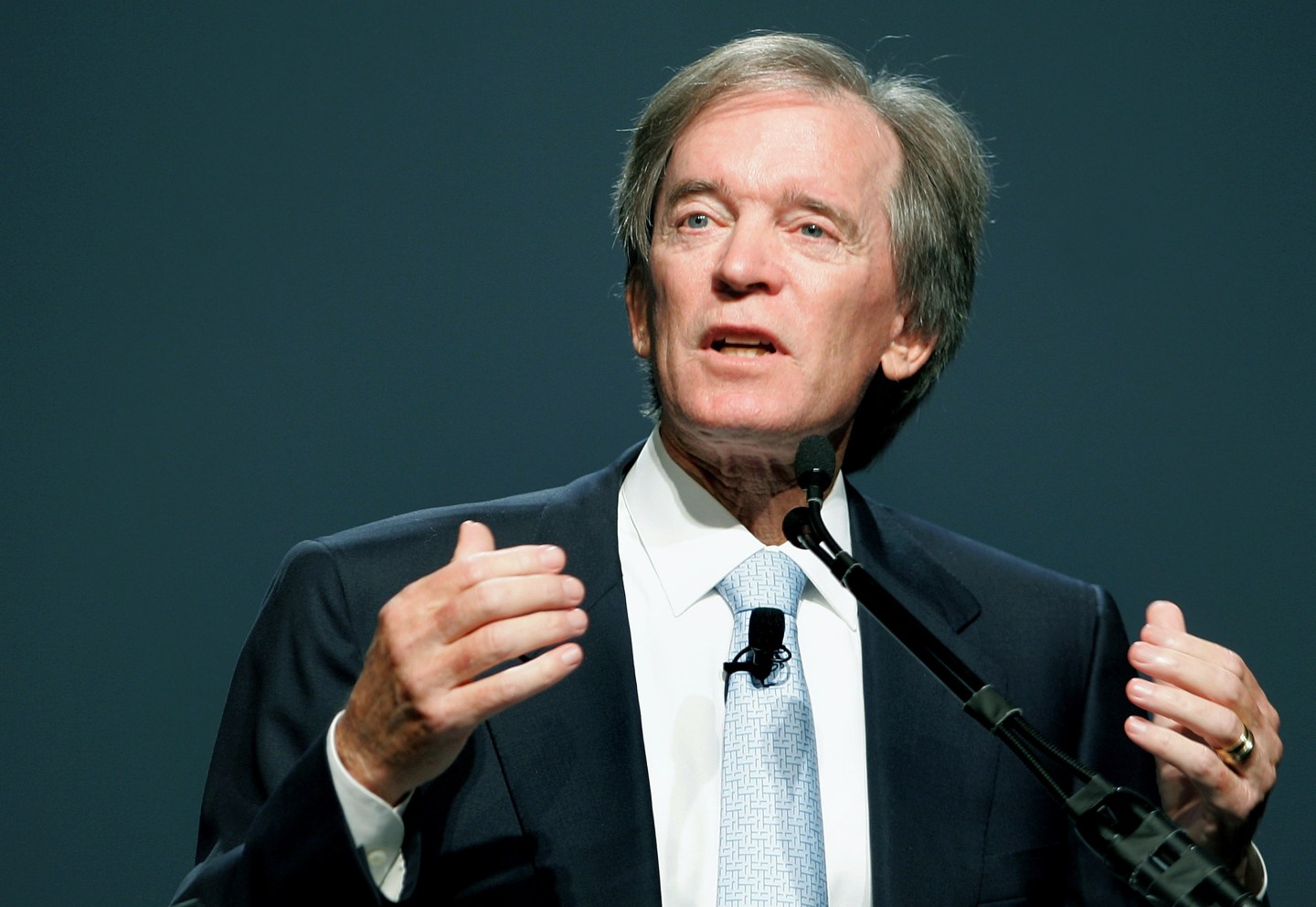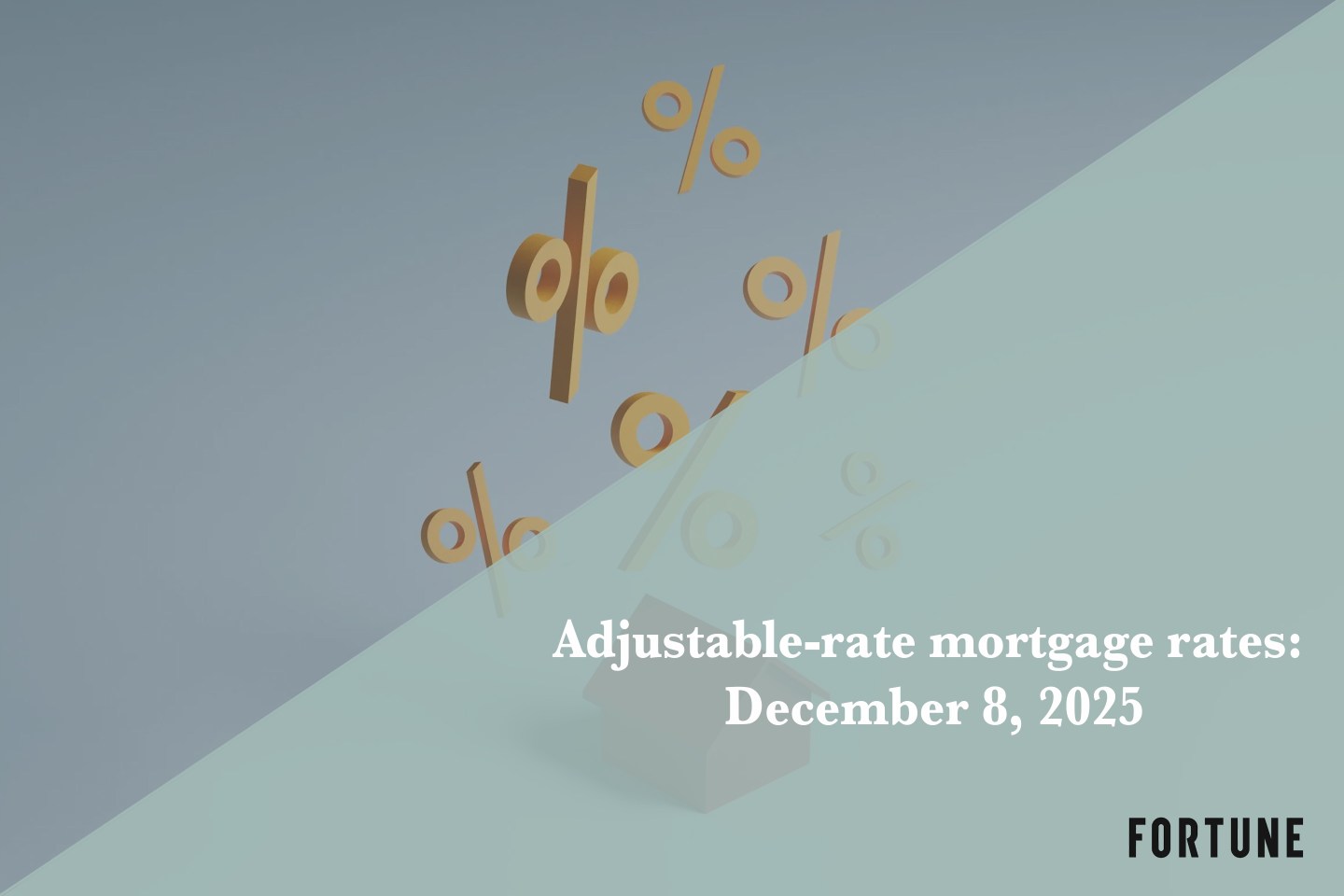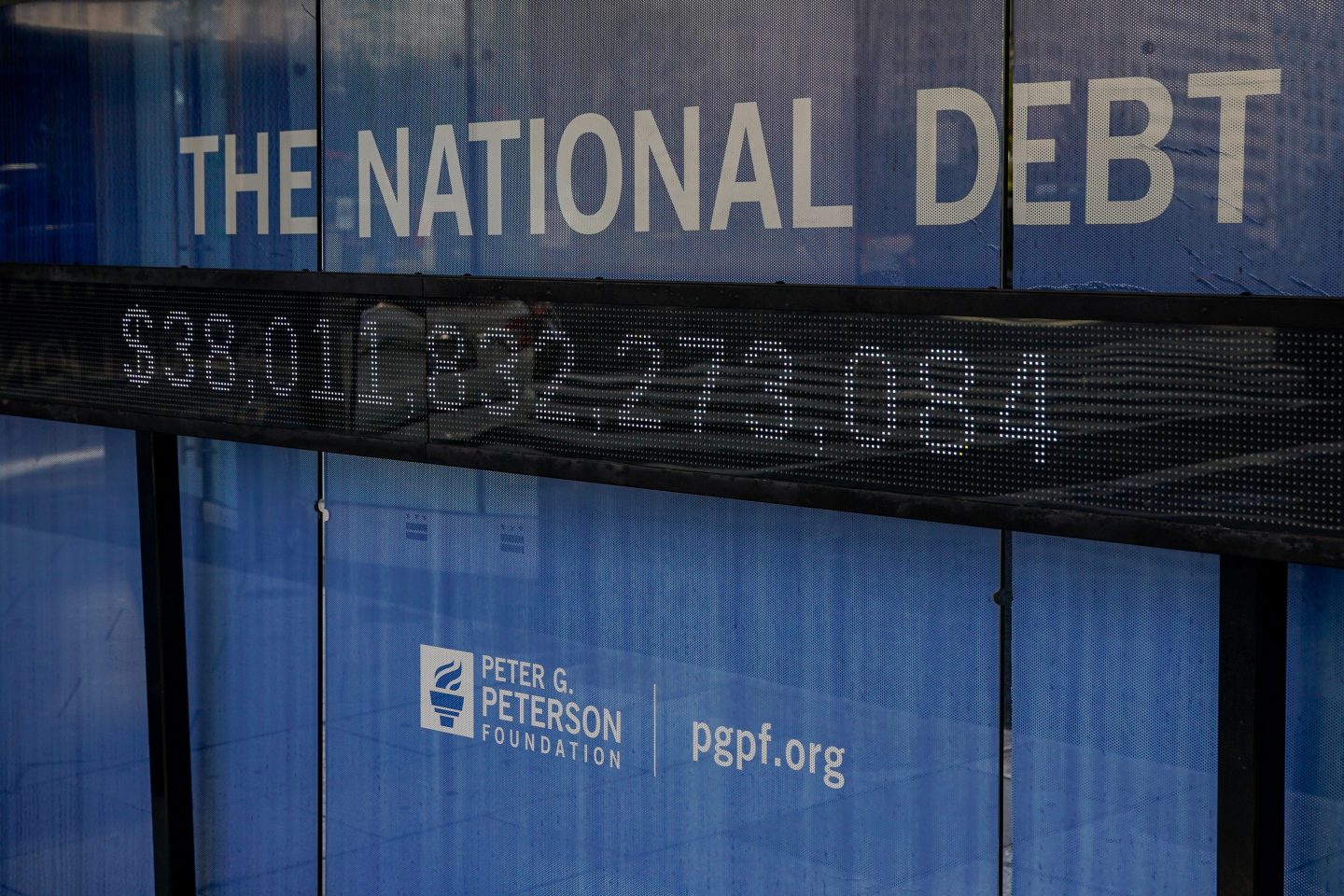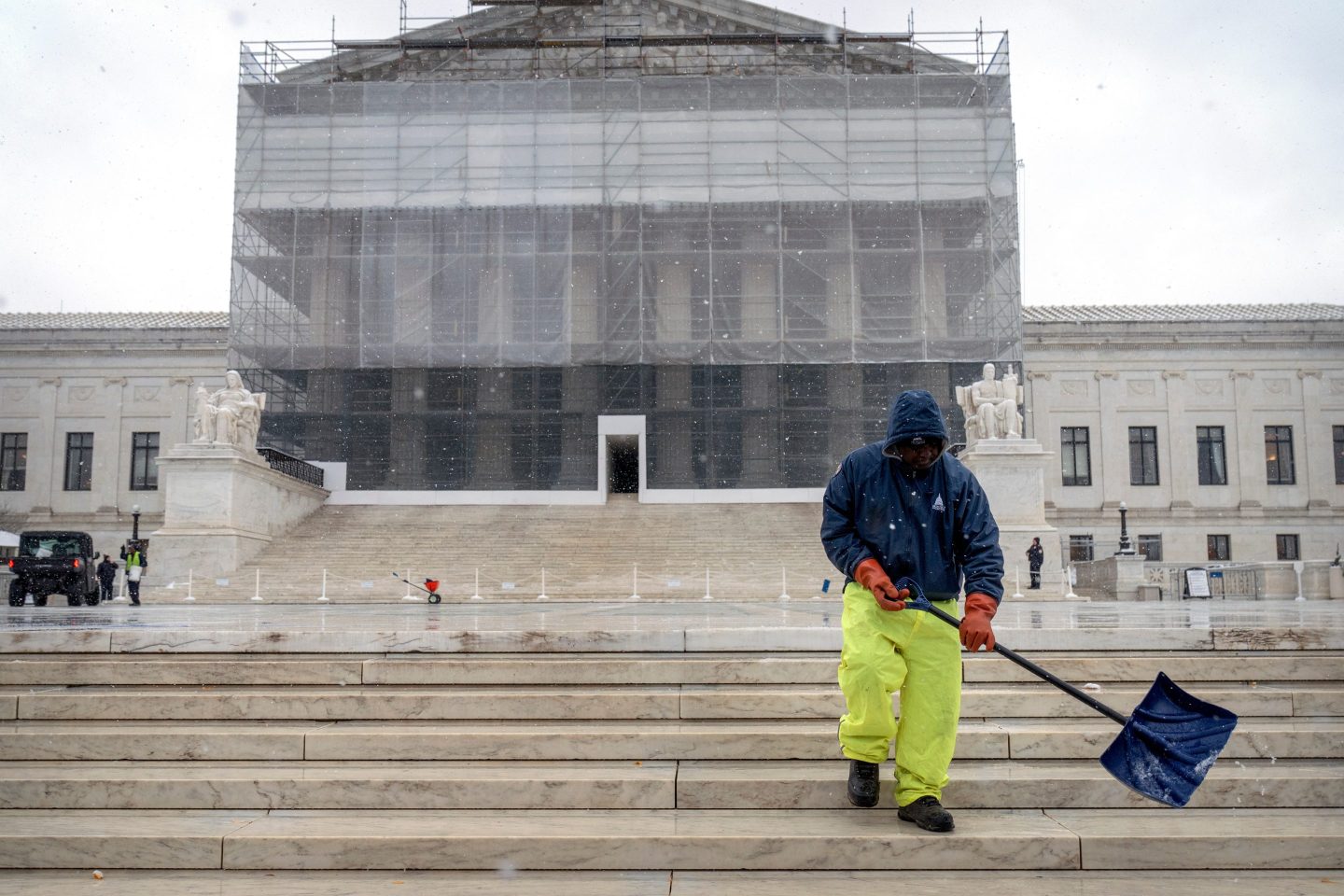It sounds like a lot of money, but such is the scale of Pacific Investment Management Co. that you’d be forgiven for thinking they won’t miss it.
The Wall Street Journal reports that Pimco suffered some $10 billion of withdrawals by investors on Friday after the news that its founder, Bill Gross, had left the company to join Janus Capital.
The news, which shocked financial markets, was remarkable not least for the fact that Gross wasn’t forced to sit out a few months on the sidelines before joining a rival firm, as is usually the case. That was all the more surprising in view of numerous reports suggesting that the firm had been preparing for life without Gross for some time.
After an initially vague response Friday, the Newport Beach, Ca.-based firm took its first step towards shaping the post-Gross era with the announcement of a new management team, with the highly-regard Dan Ivascyn as chief investment officer.
Analysts at Barclays in London say they expect Pimco’s flagship Total Return Fund to lose around half of its $200 billion in assets as investors loyal to Gross pull their funds. In addition, they argue that Pimco’s competitors will step up their efforts to woo investors away from their supersized rival. And the TRF, like many other fixed-income funds, faces a massive cyclical challenge of delivering decent returns in a rising interest rate environment. Bond prices and interest rates tend to move in opposite directions after all.
However, even $100 billion in outflows from Pimco would represent barely 5% of total assets under management, leaving the company as one of the biggest fund managers in the world, with over $1.8 trillion and still–as Dan Primack argues here–arguably too big to succeed.
That’s a possible source of consolation for Pimco’s German owner, insurance giant Allianz SE. The company’s shares fell over 6% on Friday in response to the news–unsurprisingly, since asset management generates nearly a quarter of the group’s profits, while accounting for barely 5% in group revenue. And Pimco accounts for around five-sixths of the money that Allianz manages on behalf of others.
The shares have yet to recover. By late morning in Europe, they were up only 0.6%.












